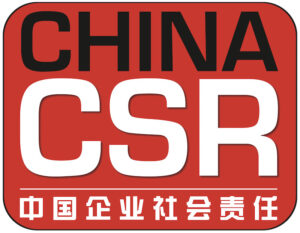Hong Kong's Centre for Food Safety has released "Food Safety Report for 2008", which is its second report for 2008 and includes results for March and April.
Announcing the results at a press conference, Assistant Director for Food Surveillance and Control of the CFS, Dr. Miranda SY Lee, said about 8,400 food samples were tested. Among them, about 2,500 samples were taken for microbiological tests and about 5,600 for chemical tests. She said the overall satisfactory rate was 99.7%, with 29 samples found unsatisfactory. Samples tested included vegetables, fruits and their products; meat, poultry and their products; aquatic products; milk, milk products and frozen confections; and cereals, grains and their products.
About 3,200 samples of vegetables, fruits and their products were taken for microbiological and chemical tests. There were three unsatisfactory samples. The CFS collected about 1,300 samples of meat, poultry and their products for microbiological and chemical tests. Apart from one unsatisfactory sample of canned pork announced previously, there were six unsatisfactory samples. On food additives, sulphur dioxide, which is not permitted in fresh meat, was found in two fresh pork samples and a fresh beef sample. All samples tested for pathogens and colouring matters had satisfactory results.
About 500 samples of freshwater fish, seawater fish and shellfish were analyzed for microorganisms, chemicals and toxins. Apart from one unsatisfactory turbot sample announced already, there were four unsatisfactory results. Regarding tests for veterinary drug residues, a sample of turbot was found to contain nitrofuran metabolites, at a level of 0.021ppm. On microorganisms, three raw oyster samples were found to contain Norovirus nucleic acid. Results of all samples for tests on metallic contamination, preservatives and toxins were satisfactory.
Dr. Lee summarized in a statement, "Regarding the unsatisfactory samples, the CFS has taken follow-up actions, including tracing the source of food in question, asking concerned vendors to stop selling and to dispose of those food items, taking further samples and issuing warning letters. If there is sufficient evidence, prosecution will also be taken."

